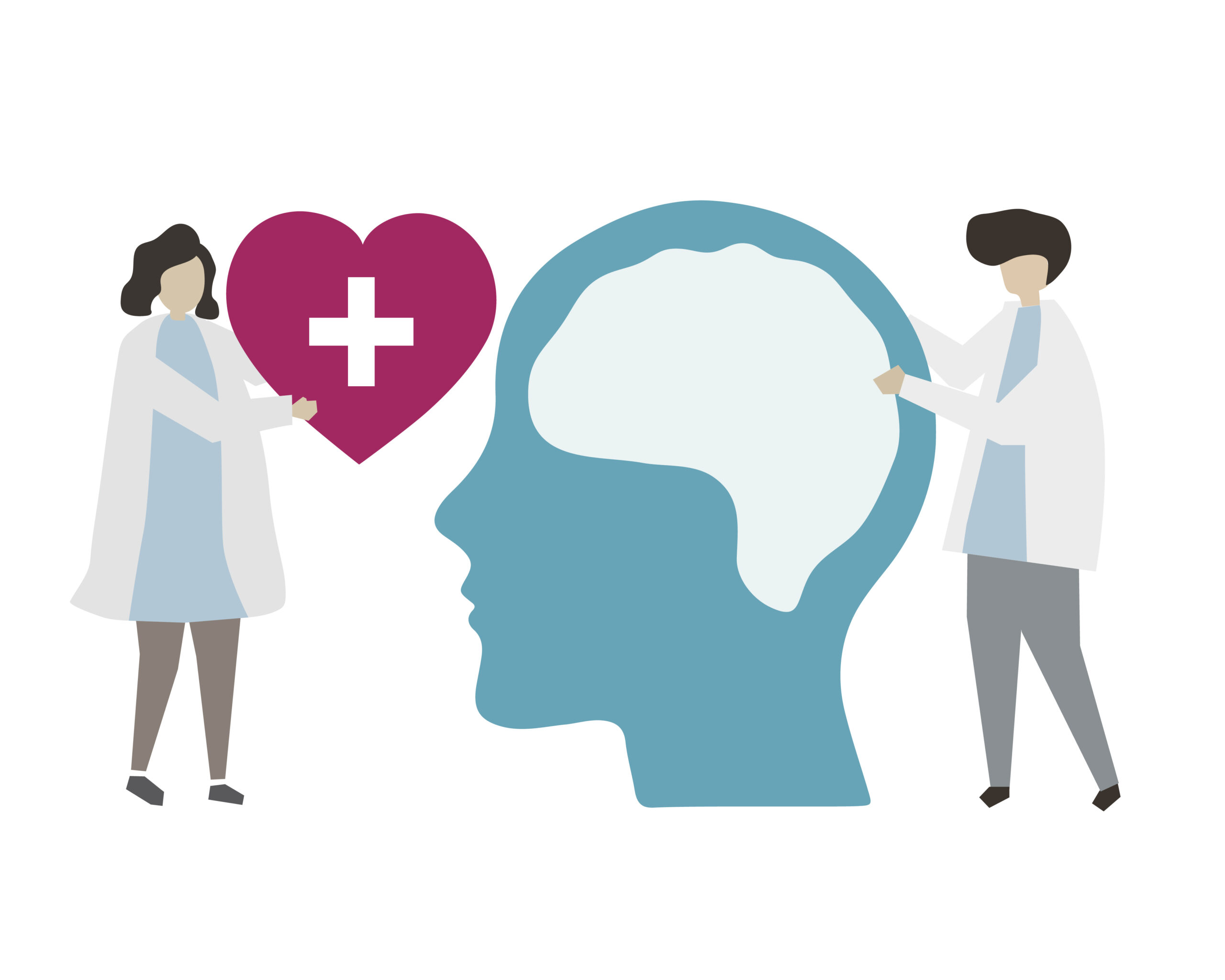Training & Education
Opportunities for training, including online and in-person curriculum, conferences, and more.
Exercises
Great Plains Disaster BH Conference
Available Training Opportunities
Psych First Aid
Learn skills to provide support to others in a crisis.
NIMS All-Hazards Position Specific Program
Advanced level training needed for managing complex incidents.
Cultural Competency
Learn how to help lessen racial and ethnic health care disparities brought on by disaster situations.
Other Training Opportunities
Essential De‑escalation Skills for Frontline Workers
Prepares frontline workers to de‑escalate situations involving emotionally‑charged individuals.
Building Resilience
Prepares personnel to foster resilience in themselves and their peers prior to a critical event, emergency, or disaster.
Recent Disaster Behavioral Health Exercises

2020 Tabletop Exercise
Severe flooding across the state; COVID-19 (novel coronavirus) pandemic

2019 Tabletop Exercise
Severe flooding on several rivers, damaged main roads, destroyed bridges

2018 Tabletop Exercise
Tornado, downed power lines, blocked main roads, HAZ-MAT

2017 Tabletop Exercise
Responder coordination & supervision
Great Plains Disaster Behavioral Health Conference
The yearly conference is for psychiatrists, psychologists, social workers, mental health care providers, public health officials, nurses, emergency managers, and first responders to learn how to prepare and respond to the psychological effects of disaster and mass casualties.
Contacts
University of Nebraska Public Policy Center
Disclaimer
This website is part of a coordinated effort on behalf of the U.S. Federal Government and the Nebraska Department of Health and Human Services Division of Public Health, Division of Behavioral Health, and the University of Nebraska Public Policy Center. Funding was made possible [in part] by U3REP190555 from the Office of the Assistant Secretary for Preparedness and Response (ASPR). The views expressed in written materials or publications do not necessarily reflect the official policies of the U.S. Department of Health and Human Services or the Nebraska Department of Health and Human Services, Division of Public Health; nor does mention of trade names, commercial practices, or organizations imply endorsement by the U.S. Government or the State of Nebraska.







